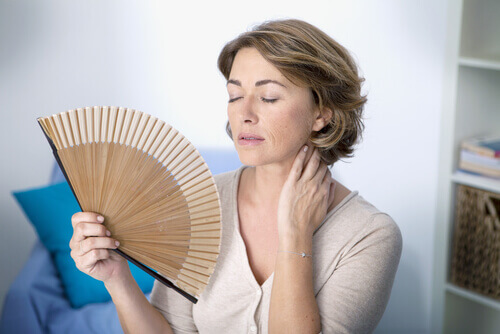
For the majority of women, menopause marks the end of menstruation and fertility. This condition occurs during middle-age, but there are cases of women experiencing the signs of menopause in their 20’s and 30’s.
Statistics from the American Pregnancy Association state premature menopause, or premature ovarian failure, occurs in one in 100 women between the ages of 31 and 40. The statistics are much lower for women aged 20 to 30, with only one in 100 experiencing symptoms of premature menopause.
The condition can be managed by your healthcare provider to prevent the onset of premature menopause. However, Menopause is something that all women have to deal with eventually. The symptoms of the condition may be subtle. You may not even immediately realize you are living with perimenopause.
If you have missed your period for more than 3 months, and you are not showing signs of pregnancy, visit your doctor for a menopause diagnosis. Menopause is diagnosed using a physical exam, as well as a blood test to determine estradiol levels.
If you are experiencing any of the symptoms below, make an appointment for a consultation with your medical professional.
1. Hot Flushes
A common symptom felt in the initial stages of menopause; hot flushes signal the change in your hormonal system. Levels of estrogen fluctuate wildly during the onset of menopause. A hot flush usually affects the face or upper body. You may experience sudden waves of heat and lightheadedness, creating red blotches on the cheeks, upper arms, and chest.
Heavy sweating is also another sign of a hot flush. You may find that you wake up in the middle of the night drenched in sweat. The condition interferes with quality of sleep, and pre-menopausal women may complain about being tired all of the time due to a lack of sufficient rest. Your partner will notice that your body feels overly warm as you sleep, radiating intense biological heat and making it challenging to sleep next to you.
During a hot flush, it’s possible to experience a bout of anxiety along with it. To mitigate the effects of a hot flush, speak to your physician about medication to treat the symptom. Low-dose oral contraceptives and menopausal hormone therapy (MHT) might reduce their intensity.


